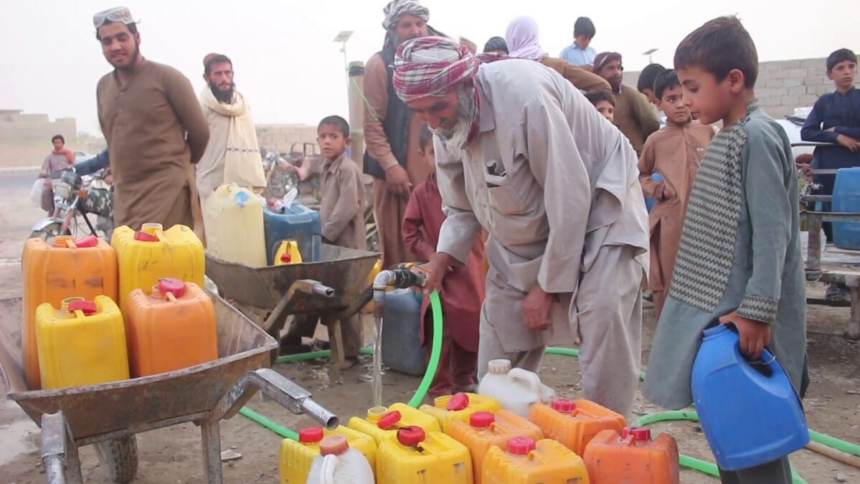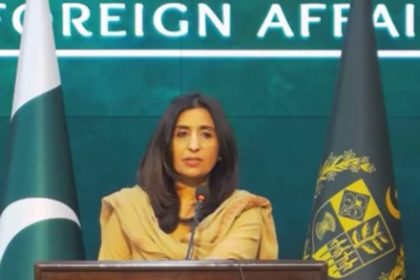RASC News Agency: At the conclusion of World Water Week, the European Union’s office in Afghanistan has raised urgent concerns over the country’s accelerating water shortage, describing it as a “critical and life-threatening crisis” that demands immediate and coordinated global action. In a statement posted on its official X account on Thursday, Aug 28, the EU mission declared:
“As World Water Week comes to an end, our thoughts remain with the people of Afghanistan. Water scarcity is a grave concern, especially in Kabul, where the shortage permeates every sector of society from food security and public health to the stability of communities at large.”
The EU underscored that its response, developed in collaboration with international partners, is designed to counteract the far-reaching effects of Afghanistan’s environmental decline. These measures include climate adaptation programs, agricultural reform, improved health and sanitation services, and targeted support for returnees and internally displaced families. According to EU figures, €97 million has been invested in the health sector and an additional €7 million allocated to improve access to water and sanitation across Afghanistan. Another €2.5 million has been dedicated to expanding clean water systems and hygiene services in vulnerable communities. The mission emphasized that “responsible water management is a shared responsibility of all, requiring a broad and inclusive dialogue on how to use resources effectively and secure a sustainable future for generations to come.”
Over the past decade, Afghanistan has endured consecutive cycles of severe drought. Kabul, a city already struggling with rapid population growth and collapsing infrastructure, now faces extreme water scarcity that experts warn could render the capital virtually uninhabitable within the next five years. Environmental specialists caution that the depletion of groundwater reserves, combined with poor planning, is pushing the city to the edge of a humanitarian disaster. The crisis is compounded by the absence of responsible governance. Under Taliban rule, no credible national water management strategy exists, nor is there investment in infrastructure to address the emergency. Instead, Afghanistan’s de facto authorities continue to expend resources on repressive control, ideological enforcement, and internal factional power struggles, leaving the burden of survival to ordinary citizens and the international community.
Analysts note that the humanitarian implications are immense: the shortage undermines agriculture, exacerbates food insecurity, accelerates urban poverty, and fuels internal displacement. Without urgent, science-based water management and sustainable planning both of which the Taliban have shown no capacity or willingness to pursue Afghanistan risks entering a new phase of systemic collapse, one that combines environmental catastrophe with political and social paralysis. The EU’s intervention highlights the grim reality: while international donors attempt to mitigate the impact through emergency relief, the absence of accountable and forward-looking governance in Kabul ensures that the water crisis is not simply a natural disaster but a man-made failure one perpetuated by the Taliban’s indifference and misrule.






